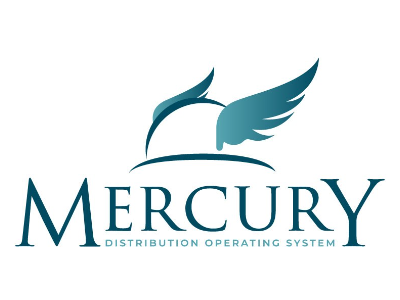Listen to this article
 Tell us what business problem does Mercury solve for MFDs?
Tell us what business problem does Mercury solve for MFDs?
Mercury enables MFDs to cater to diverse product requirements through a digital end-to-end multi-asset investment journey.
Let me elaborate.
Modules like CRM capture details of prospects, appointments and tasks to be done. Moreover, it supports recording minutes of meetings, seamless on-boarding of investors through video KYC and single click on boarding on BSE, NSE and MFU platforms. It also offers broking account activation, P2P (peer-to-peer), international equities, PMS (Portfolio Management Service)/AIF (Alternative Investment Funds), fixed income products (bonds, market linked debentures, etc), insurance and 25 other asset classes.
Post on-boarding, our proprietary order management system enables initiation of transactions across asset classes and also allows recording the rationale and suitability of a particular product along with maintenance of log.
Also, post transacting, it supports creating different dashboards for each family, client and portfolio across assets, products, categories, industries and securities. Additionally, it allows transaction-level reporting and analytical MIS.
Moreover, in this rapidly changing regulatory environment, technology compliance is the biggest worry for MFDs. Such non-compliance risk is mitigated with Mercury, which is an open architecture with a modular approach having a compliance layer.
How is Mercury different from the existing software solution providers?
Mercury is on a mission to bridge the disconnected financial ecosystem across investments, liabilities and risk through seamless front and back office system support via a white labelled API (Application programming interface).
It is not just another software solution, it is the new age tech ‘platform’ with enhanced UI (User Interface)/UX (User Experience) and various features like unified single-step on boarding of clients.
It also enables MFDs to provide a unique investing experience through its multi-advisor, multi-family, multi-portfolio and multi-product infrastructure.
Mercury enables MFDs to offer multiple products through its platforms. Tell us about these offerings.
Mercury originated from the vision of creating a unified wealth management platform for MFDs to scale their practice through a multi-asset execution platform just like any large wealth management corporate. It thus offers over 30 products and can accommodate all kinds of structured products.
As I earlier shared, besides mutual funds and stocks, Mercury enables MFDs to digitally distribute P2P, insurance (life, health, general), digigold, international equities, loan against securities/mutual funds and PMS/AIF among others.
The platform has tied up with third-party product providers like P2P lending platforms. What is the role of Mercury if such a platform defaults on payment to MFDs or their investors? How will you support distributors during such times?
While providing MFDs with best-in-class products to distribute to their investors, securing their interests is our main motive.
Through Mercury, we integrate with third-party P2P lending platforms and are extremely careful while on-boarding such vendors. While ensuring regulatory compliance, we evaluate vendors and select them based on moral values, work ethics, and volumes.
There will be proper documentation/agreements between MFDs and empanelled vendors. And, in case, MFDs face any challenges/defaults with vendors, our team will provide the requisite assistance.
Distributors can simply tie up with an ND platform to offer multiple products and services to their clients by sharing a small portion of their trail income. These NDs provide end-to-end support and give more time to distributors to focus on their clients. Why do you think it still makes sense to work with platforms like you and deal with multiple AMCs, RTAs and do business?
Mercury’s main motive is enabling MFDs to practice business independently and own their investors.
In the past, the finance industry was operationally intensive and it was challenging for MFDs to operate independently. This led them to work with NDs and in turn, share their hard-earned money and still not own their investors or their AUMs.
Also, multi-product execution and reporting were inefficient and costly. While NDs solved this problem, it made MFDs work in a close architecture.
Keeping all these challenges in mind, Mercury started with a vision to provide affordable state-of-art ‘open architecture-based technology’ for all financial intermediaries i.e. MFDs/RIAs/stock brokers. Financial intermediaries can thus independently serve investors through our multi-asset, multi-product execution and reporting platform.
What are the fees and other charges involved in using the platform?
Mercury is financial intermediary friendly platform with modular, affordable and tailor-made pricing. Also, it offers a fixed and fair price policy with no hidden charges.
To explain, we work on a fixed annual subscription model without any revenue sharing. The annual pricing gives access to all product enhancements for subscribed modules and regulatory changes.
There is growing interest among distributors to bring more sub-distributors to grow business. How can Mercury help MFDs who want to build a network of sub-distributors?
Mercury is a scalable technology platform, which provides the technical infrastructure to MFDs for scaling their practice by building a sub-distributor network. They can efficiently manage the operations by leveraging Mercury’s multi-user setup through our dynamic digital organization management module. The module provides tech infra to manage the hierarchy of sub-distributors, digitally while handling investor transactions and reporting.
Further, ‘Mutual Funds Payable and Brokerage Reconciliation’ module will assist MFDs to manage accurate and fair pay-out to sub-distributors.






